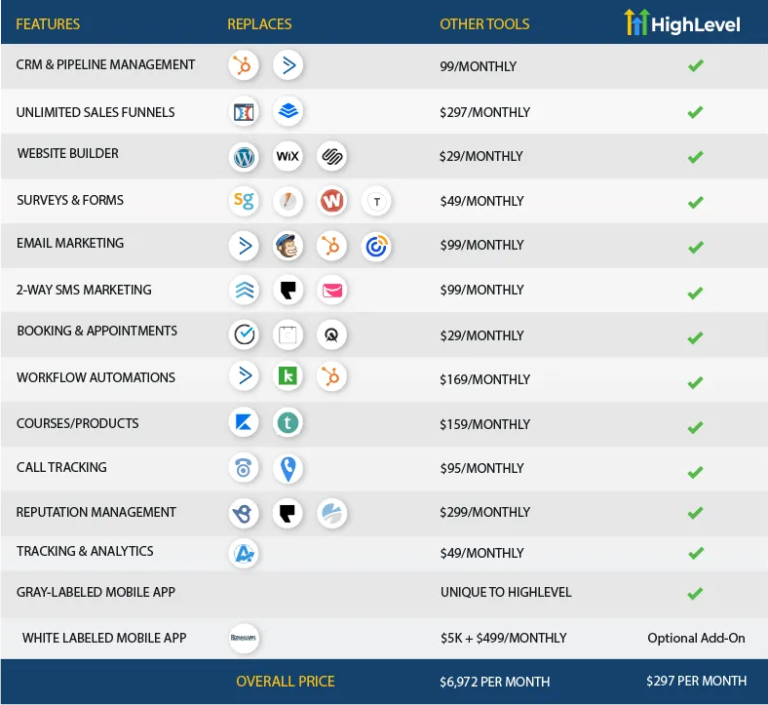Demystifying the Economics of Exchange: Unveiling the Science of Money
Demystifying the Economics of Exchange: Unveiling the Science of Money. Unveiling the Enigma of Money. Money, the ubiquitous medium of exchange, has captivated human minds for millennia, shaping civilizations and fueling progress. Yet, despite its pervasiveness, money remains an enigma, shrouded in misconceptions and myths. Embark on a journey to unravel the science of money, delving into its origins, functions, and implications on our lives.

Demystifying the Economics of Exchange: Unveiling the Science of Money
The Genesis of Money: From Barter to Fiat Currency
The story of money begins with barter, the direct exchange of goods and services. This primitive system, though inefficient, marked the dawn of economic interaction. As societies evolved, the need for a more versatile medium of exchange arose, giving birth to currencies.
The Essence of Money: Unveiling Its Functions
Money serves as a ubiquitous tool, fulfilling three primary functions:
- Unit of Account: Money provides a standardized measure of value, enabling comparison and pricing of goods and services.
- Medium of Exchange: Money facilitates transactions, eliminating the inefficiencies of barter.
- Store of Value: Money retains purchasing power over time, allowing individuals to save and plan for the future.
The Types of Money: Navigating the Monetary Landscape
Money manifests in various forms, each with distinct characteristics:
- Commodity Money: Intrinsic value, backed by physical assets like gold or silver.
- Fiat Currency: Government-issued money, not backed by any physical asset.
- Commercial Bank Money: Claims against deposits in commercial banks.
- Electronic Money: Digital representations of money, enabling cashless transactions.
The Mechanics of Money: Understanding Monetary Systems
The monetary system encompasses the institutions and mechanisms that regulate money creation, distribution, and flow. Key components include:
- Central Bank: The institution responsible for monetary policy, overseeing money supply and interest rates.
- Commercial Banks: Financial institutions that accept deposits, make loans, and create money through the fractional reserve system.
- Financial Markets: Platforms where financial instruments, including money, are traded.
The Impact of Money on Society: Unveiling the Ripple Effects
Money’s influence permeates society, shaping economic behavior and influencing individual and collective well-being:
- Economic Growth: Money facilitates trade and investment, driving economic expansion.
- Individual Prosperity: Money enables individuals to acquire goods and services, contributing to their material well-being.
- Inequality: Money can exacerbate income disparities, creating social and economic divisions.
- Financial Stability: Efficient monetary systems promote economic stability, while mismanagement can lead to crises.
Embracing the Science of Money
Money, a cornerstone of human civilization, has profound implications for our lives. Understanding the science of money empowers us to make informed financial decisions, navigate economic complexities, and contribute to a more equitable and prosperous society.
You May Like: The Automatic Millionaire: A Powerful One-Step Plan to Achieve Financial Independence by David Bach
Delve deeper into the fascinating world of money by exploring the vast array of resources available online, in libraries, and through financial education programs. Engage in discussions about money, share your insights, and help others navigate the intricacies of this essential tool.





